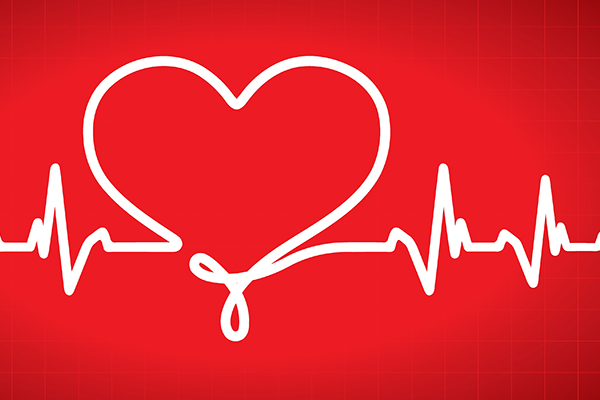
Structural services include:
- Atrial septal defect (ASD) and patent foramen ovale (PFO) closure
- Balloon Aortic Valvuloplasty (BAV)
- Transcatheter Aortic Valve Replacement (TAVR)
We can repair this heart defect using the Amplatzer PFO Occluder – a closure device made of wire mesh discs and a polyester fabric that’s delivered through a catheter and placed over the opening.
Balloon valvuloplasty is a procedure that widens a heart valve that is narrowed due to aortic valve stenosis. During this procedure, a thin flexible tube called a catheter is inserted through an artery in the groin or arm and threaded into the heart. When the tube reaches the narrowed heart valve, a balloon at the end of the tube is inflated. The balloon widens the valve opening. During the procedure, you will be awake. But you will receive local anesthesia where the catheter is inserted as well as intravenous pain medicine along with a sedative to help you relax.
A quick and easy finger-stick screening that measures blood sugar levels following eight hours of fasting, our Blood Glucose test helps identify diabetes —a major risk factor for heart disease and stroke — as well as monitor blood sugar levels for those already diagnosed with the disease.
Structural Services
Structural heart disease interventions represent a new branch of percutaneous treatments covering a wide range of congenital and acquired diseases that were previously treated surgically or simply not addressed. The term structural heart disease has been widely used to refer to a group of noncoronary heart diseases ranging from septal defects to acquired valvular disease. With his tireless efforts, Dr. Dan Sraow worked closely with the administration at Dignity Health East Valley to start the Structural Heart Program at Chandler Regional Medical Center. This new branch of percutaneous intervention has several distinguishing characteristics:
One of our top priorities is ease of access. We pride ourselves on responsiveness to patient inquiries and physician contacts. Our staff physicians are experts in preventive cardiology, diagnostic cardiac imaging and interventions. These services are provided with compassionate care that our patients deserve.




